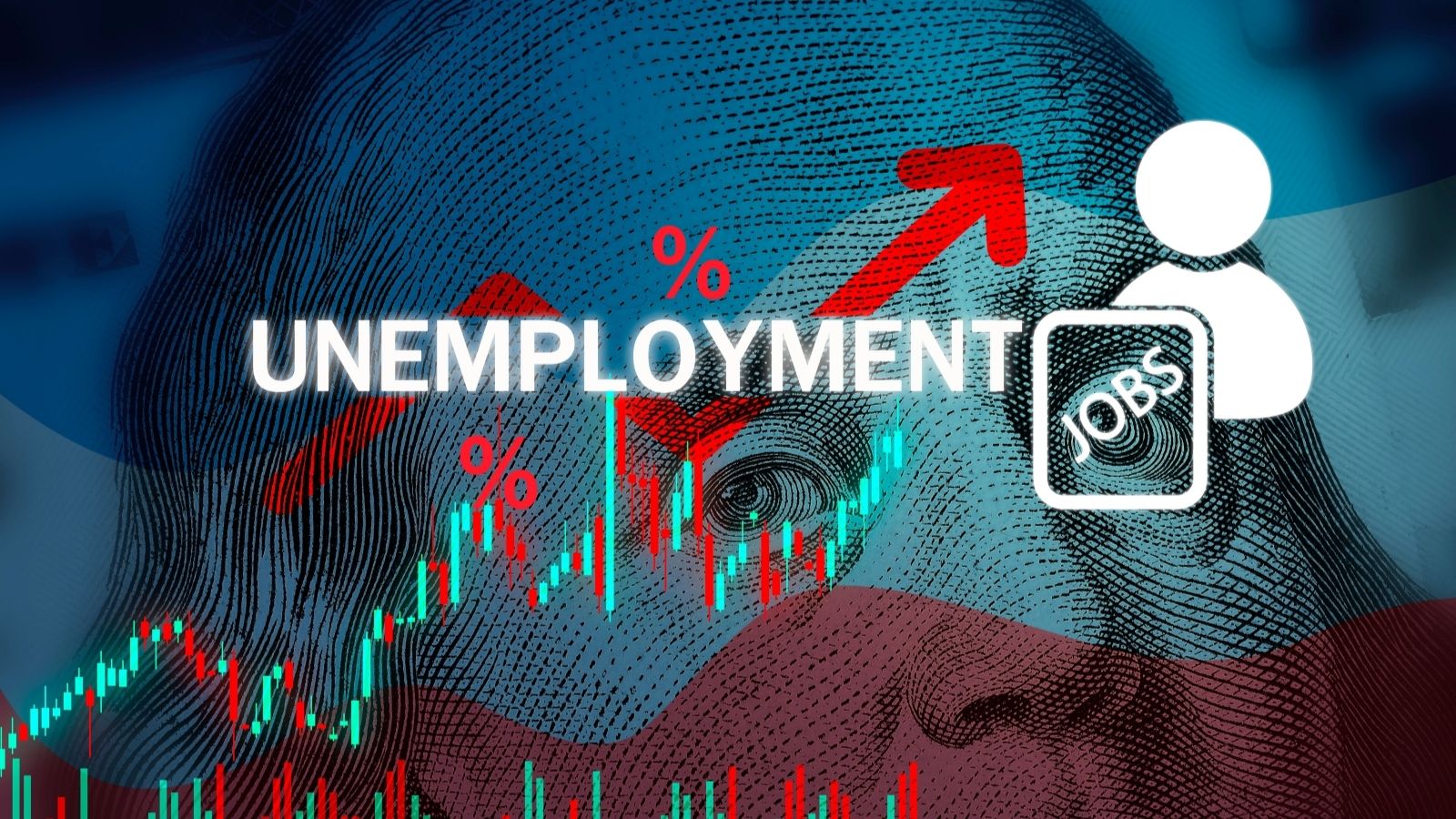Over the past decade, the gig economy—encompassing freelance work, contract jobs, and temporary employment—has grown rapidly. Apps like TaskRabbit, Fiverr, and Uber have made it easier for people to enter this flexible labor market. At first glance, it seems like a win-win: employers gain access to a broad talent pool without committing to full-time contracts, and workers enjoy increased flexibility. However, beneath the surface, there are alarming consequences for long-term job security. These 19 shocking statistics reveal how the gig economy is undermining traditional employment stability, whether you’re a participant or simply an observer.
Lack of Employment Benefits

The lack of necessary benefits is one of the gig economy’s most apparent problems. Health insurance, paid time off, and retirement contributions are benefits that many full-time employees take for granted but are rarely provided to gig workers. Without these, the future is less secure, making long-term planning and financial security a significant challenge for those relying on gig work.
No Job Security

Gig workers live from contract to contract, with no guarantee of a steady paycheck next week or next month. This constant uncertainty makes it difficult for them to plan or budget for their financial future, as their income can fluctuate significantly from one month to the next.
Lower Pay Over Time

According to studies, most gig workers discover that their pay is lower than it would be in traditional employment, even though some make respectable salaries. Competition drives Prices down as more people offer their services, and many gigs don’t pay well enough to be considered viable.
High Job Turnover

Since gig jobs are temporary by nature, workers frequently switch between roles. This high turnover rate limits long-term professional development and growth opportunities within a single company or industry. As a result, it can be difficult to build a strong CV that reflects steady career progression.
Over timer Ladder

There’s usually room for progression in regular jobs. But in the gig economy, employees regularly wind up trapped in low-skill, repetitive positions. There isn’t much space for development or progress, which makes long-term career planning nearly difficult.
Unpredictable Work Hours

Independence is one of the gig economy’s main selling factors. But that flexibility often comes with a price. The demand for gig workers’ services is not under their control.
There could be a lot of work in one week and nothing at all the next. Maintaining a steady income is difficult because of the variance.
Lack of Legal Protection

Labor rules protect traditional employees, but gig workers are subject to a murky legal situation. They generally don’t have the same rights against unjust treatment, wage theft, or wrongful termination because they are categorized as independent contractors.
No Unemployment Insurance

If gig workers lose their contracts, they are not eligible for unemployment benefits, leaving them in a precarious situation. This lack of access to unemployment insurance makes individuals particularly vulnerable, as they have no safety net to fall back on in the event of an unexpected job loss or a slowdown in available gigs.
Tougher Access to Credit

Financial organizations such as banks prefer stability. Due to their unpredictable income, a lot of gig workers have trouble getting loans, mortgages, or even just good credit. Due to their unstable finances, they may not be able to make important life decisions like purchasing a car or a home.
Limited Retirement Savings

Gig workers are responsible for funding their retirement, but their employers do not offer employer-sponsored plans, which is easier said than done when you’re living paycheck to paycheck. As a result, when they get closer to retirement age, a lot of gig workers realize that they have little or no savings.
Isolation and Lack of Community

Gig workers frequently work alone, without the companionship or assistance of coworkers. Feelings of loneliness and isolation, as well as mental health problems, may result from this. Since humans are social creatures, lacking working relationships might be detrimental.
No Safety Regulations

Gig workers are often exempted from workplace safety laws. As a result, they are left vulnerable to possible risks without the protection of other workplace safety procedures or Occupational Safety and Health Administration (OSHA) regulations.
Misclassification of Workers

Many gig businesses label their employees as independent contractors when, in fact, they ought to be treated as staff members. Because of this misclassification, employers can avoid offering benefits and protections, placing gig workers in a risky situation.
Hidden Costs

While flexibility might seem beneficial, gig workers often face hidden costs, from gas and vehicle maintenance for drivers to home office expenses for freelancers. Many gig workers find themselves spending more to stay in business than they initially anticipated.
Emotional Burnout

Gig workers often feel under pressure to take on additional work to make ends meet because they lack the defined limitations of a 9–5 employment. Workers who experience burnout as a result of their unstable financial status may become weary, anxious, and overwhelmed by their never-ending workload.
The Gig Economy is Growing—But at What Cost?

In the upcoming years, a sizable percentage of the workforce is anticipated to hold gig jobs. Although this development appears to be a positive trend, it also reflects the loss of traditional, steady jobs. The gig economy’s growth undermines the middle class, and the gap between the “haves” and the “have-nots” is widening.
Inequality is Rising

While highly talented freelancers can fetch large fees, most gig workers find it difficult to make ends meet. The expanding difference between high and low incomes in the gig economy is a reflection of the growing economic inequality.
Gig Work is Here to Stay

The gig economy is here to stay, whether we like it or not. Conventional employment may continue to reduce as more businesses adopt a model that depends on independent contractors and freelancers. Currently, the question is how to make gig labor longer-term and more stable.
Workers are Pushing Back

The good news? Gig workers are beginning to band together. Through lawsuits and protests, workers are calling for better treatment, greater money, and more rights. Although this movement is still new, it shows that workers are dissatisfied with the current state of affairs. The battle for workers’ rights will become even more important as the gig economy expands.
Conclusion

Although the gig economy may provide ease and flexibility, there are big trade-offs. We should all be concerned about the declining job stability, the absence of benefits, and the rising inequality. We must reconsider how we assist and protect this growing class of workers as more people take on gig labor.
18 Reasons Why People Are Leaving Florida in Masses

Exploring factors that impact the desirability of living in Florida, this list delves into various challenges shaping residents’ experiences. From environmental concerns like rising sea levels to economic factors such as fluctuating job markets, these issues collectively contribute to a nuanced understanding of the state’s appeal.
18 Reasons Why People Are Leaving Florida in Masses
